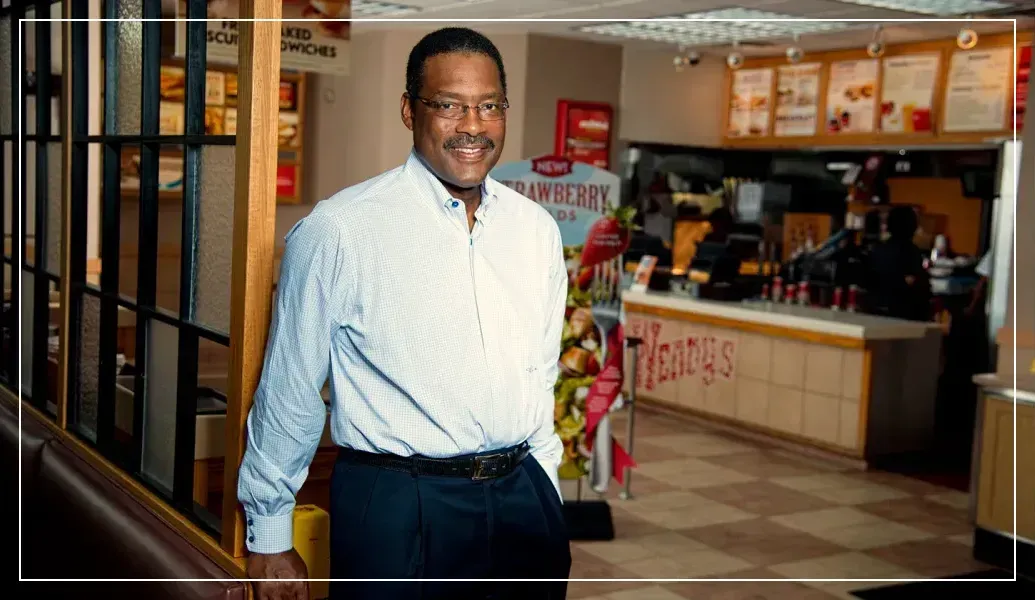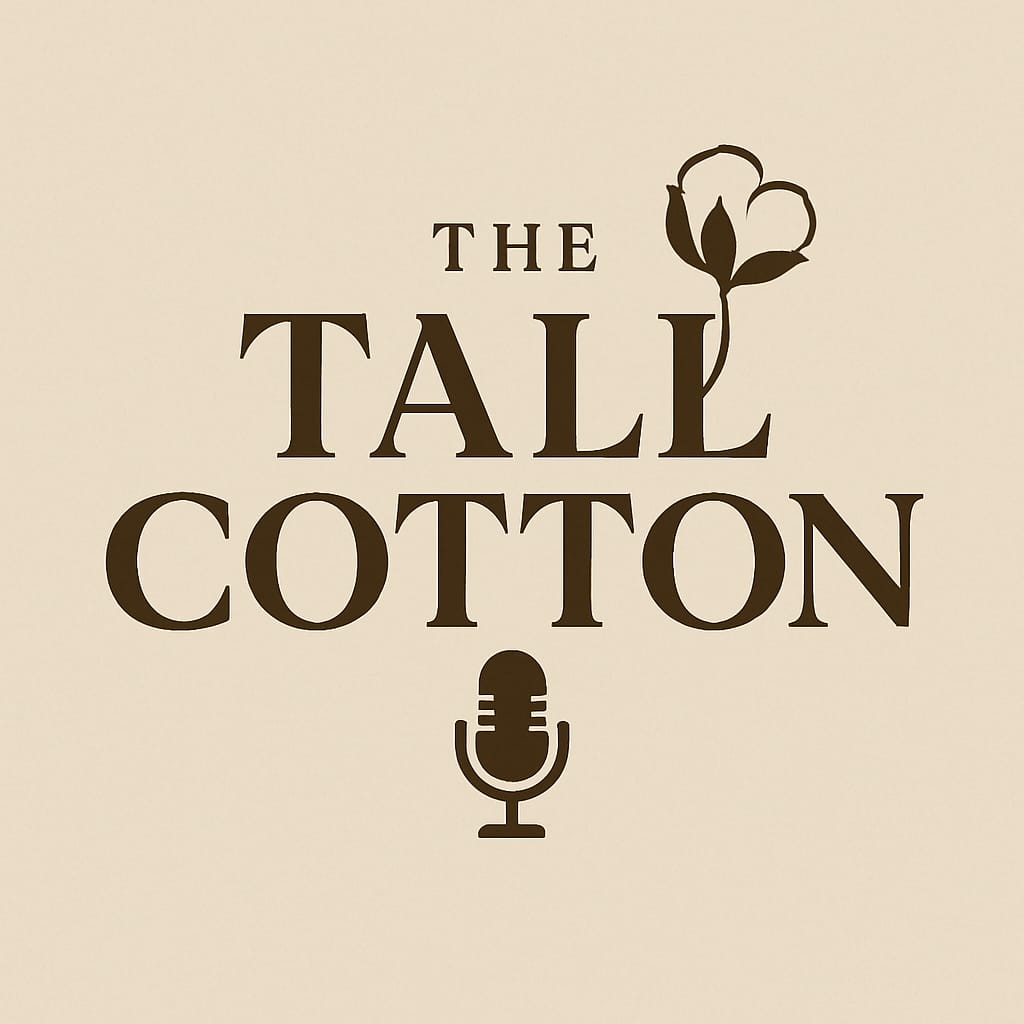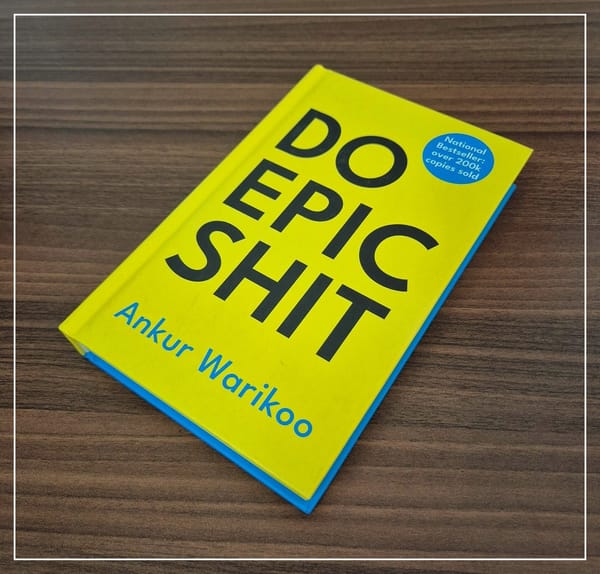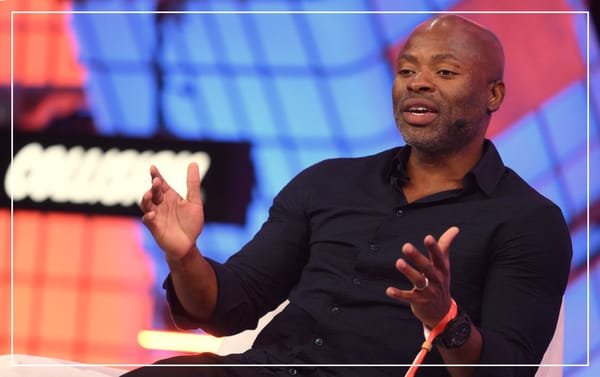Junior Bridgeman
Junior Bridgeman (1953–2025) turned a steady NBA career into a billion-dollar business empire. From Wendy’s franchises to Coca-Cola bottling and Ebony magazine, his story is a blueprint for Black wealth, ownership, and legacy.

Junior Bridgeman — From Sixth Man to Billionaire Business Leader
Ulysses Lee “Junior” Bridgeman (September 17, 1953 – March 11, 2025) was more than an NBA role player. He became one of the most successful athlete-entrepreneurs in history, building an empire of ownership and influence that left a blueprint for generational wealth. His story exemplifies the truth that success isn’t only about spotlight moments, but about the strategic moves made when no one is watching.
Born in East Chicago, Indiana, Bridgeman grew up in a working-class community where discipline and perseverance were instilled early. As a standout at Washington High School, he helped lead his team to a perfect 29–0 season and the 1971 Indiana state championship. That combination of teamwork and grit carried him to the University of Louisville, where under legendary coach Denny Crum, he became one of the Cardinals’ all-time greats.
At Louisville, Bridgeman was twice named Missouri Valley Conference Player of the Year and played a key role in taking the Cardinals to the 1975 Final Four. His unselfish play, leadership, and reliability caught the attention of the NBA.
Drafted eighth overall by the Los Angeles Lakers in 1975, Bridgeman was immediately sent to the Milwaukee Bucks in the blockbuster Kareem Abdul-Jabbar trade. Over a 12-year NBA career—mostly with the Bucks, plus a stint with the Clippers—he averaged 13.6 points per game. Known as the consummate “sixth man,” Bridgeman didn’t always command headlines, but he commanded respect. The Bucks retired his jersey in 1988, honoring his consistency, professionalism, and value to the franchise.
Yet what set Bridgeman apart was not just what he did on the hardwood—it was what he did off of it.
Unlike many athletes who assume the fame and checks will last forever, Bridgeman thought differently. He understood the average NBA career is short, and the financial pitfalls afterward are real. During off-seasons, he worked shifts in Wendy’s restaurants to understand the franchise business model. He wasn’t too proud to mop floors, flip burgers, or run registers. Instead, he was studying—taking mental notes on operations, systems, and margins.
That humility and foresight proved to be the foundation of a business empire.
When his playing days ended in 1987, Bridgeman was ready. He purchased his first Wendy’s franchise in Milwaukee and quickly scaled. His formula was simple but powerful: disciplined operations, excellent customer service, and a willingness to stay hands-on until standards were met.
Over time, he expanded aggressively—owning more than 160 Wendy’s and 120 Chili’s restaurants, becoming one of the largest restaurant franchisees in the country. His success wasn’t built on flash, but on focus. He mastered the blueprint: buy into a proven system, scale it strategically, and execute with discipline.
But Bridgeman wasn’t content to remain in one lane.
In 2020, Bridgeman made another historic move by purchasing Ebony and Jet, iconic Black media outlets. While digital disruption had left them struggling, Bridgeman saw their value as cultural institutions worth preserving. By acquiring them, he ensured that the voices, stories, and history of Black America would continue to have a platform.
His holding company, Manna Capital Partners, also expanded into aluminum production and new beverage facilities, cementing his place not just as a franchisee, but as a diversified investor and owner.
In September 2024, he returned to basketball business by purchasing a 10% stake in the Milwaukee Bucks, a franchise valued at nearly $4 billion. The sixth man had become an owner.
By 2025, Bridgeman’s estimated net worth was around $1.4 billion, making him one of the wealthiest former athletes in the world. Unlike peers who lost fortunes, Bridgeman multiplied his earnings many times over through strategic ownership and long-term thinking.
He was frequently cited alongside Magic Johnson and Michael Jordan as examples of athletes who successfully transitioned into mogul status. Yet his path was uniquely his own: less spotlight, more steady execution.
On March 11, 2025, Junior Bridgeman passed away suddenly at age 71 after collapsing during a luncheon in Louisville. The news shocked both the sports and business communities. Louisville’s mayor, Craig Greenberg, remembered him as “a kind, generous and groundbreaking legend.” NBA Commissioner Adam Silver called him “the ultimate entrepreneur.”
His memorial service drew more than 1,200 people, a testament to his impact across multiple worlds—basketball, business, and community leadership. Charles Barkley soon announced plans for a documentary chronicling his life and lessons.
Bridgeman’s story is bigger than his stats or his bank account. His legacy rests on a few key pillars:
- Discipline and Humility: From working fast-food counters to scaling multimillion-dollar enterprises, Bridgeman never lost his willingness to learn.
- Strategic Ownership: He taught that success isn’t just about income, but about leverage and assets—whether restaurants, bottling plants, or media companies.
- Cultural Stewardship: By acquiring Ebony and Jet, he made sure the culture’s stories would not vanish, proving that legacy is as important as profit.
- Mentorship and Blueprinting: Bridgeman inspired athletes and entrepreneurs alike by showing that the real wins often happen long after the buzzer.
At The Tall Cotton, we believe success is not just about the spotlight moments. It’s about the strategic moves made when no one’s watching—the quiet decisions that build lasting wealth, family security, and cultural legacy.
Junior Bridgeman’s life is exactly the kind of blueprint we archive here: a man who turned a role-player career into a billion-dollar empire, who invested in ownership rather than lifestyle, who chose permanence over hype. He stood tall because he planted right.
In Southern Black culture, to be “in tall cotton” is to live well, to walk in overflow, to build something that outlasts you. Bridgeman did just that. His story reminds us that true wealth is not measured by the applause of the moment, but by the legacy you leave standing after the lights dim.
So read his story. Study his plays. Then look in the mirror and ask:
“What’s my version of The Tall Cotton?”
Because that’s how we honor his life—and how we continue to build our own.




